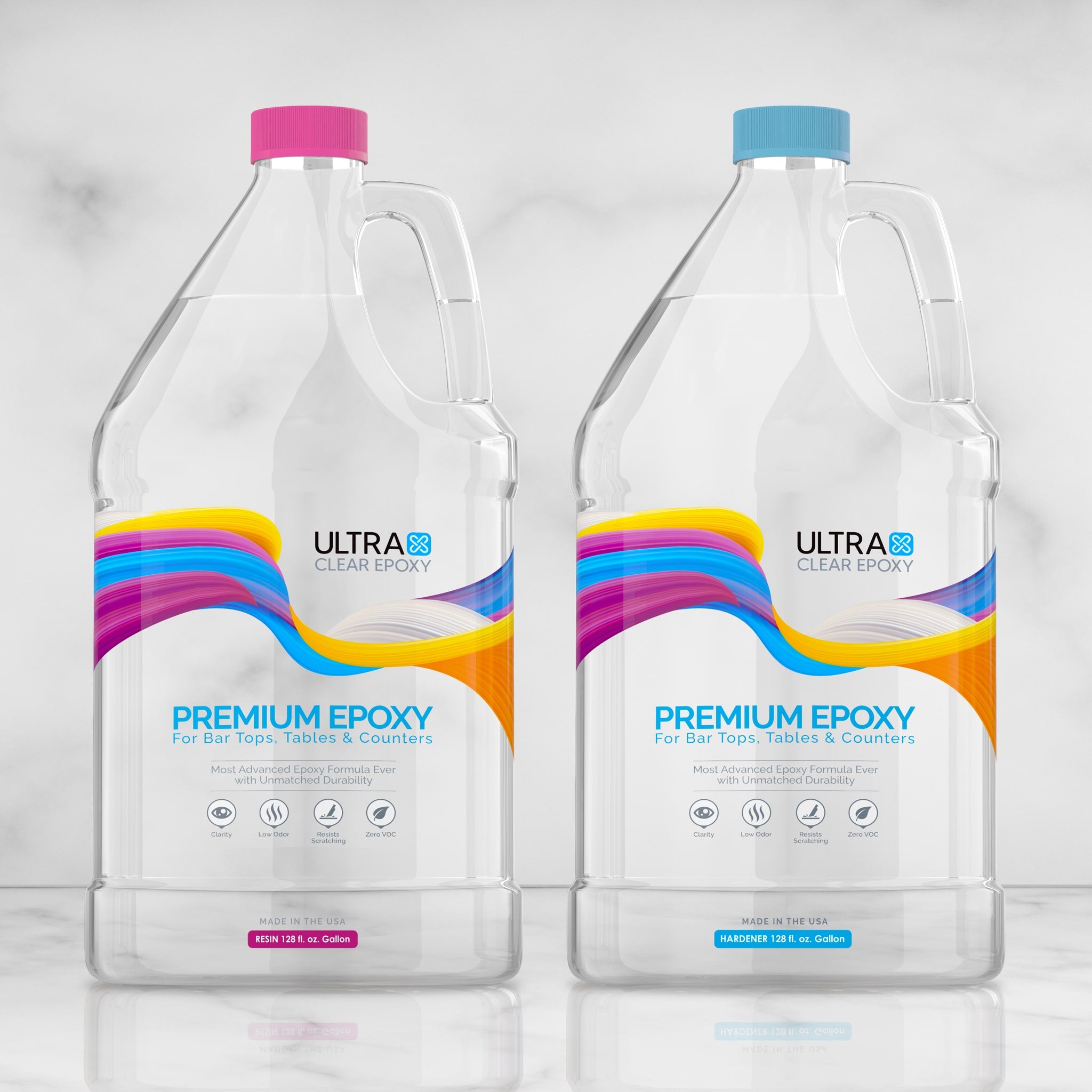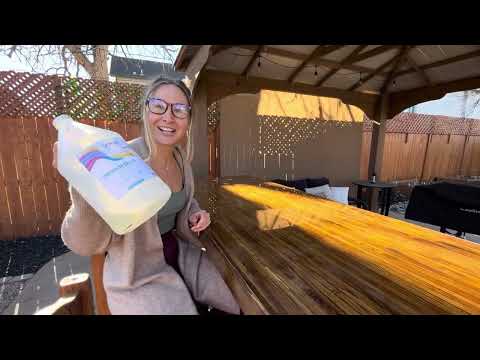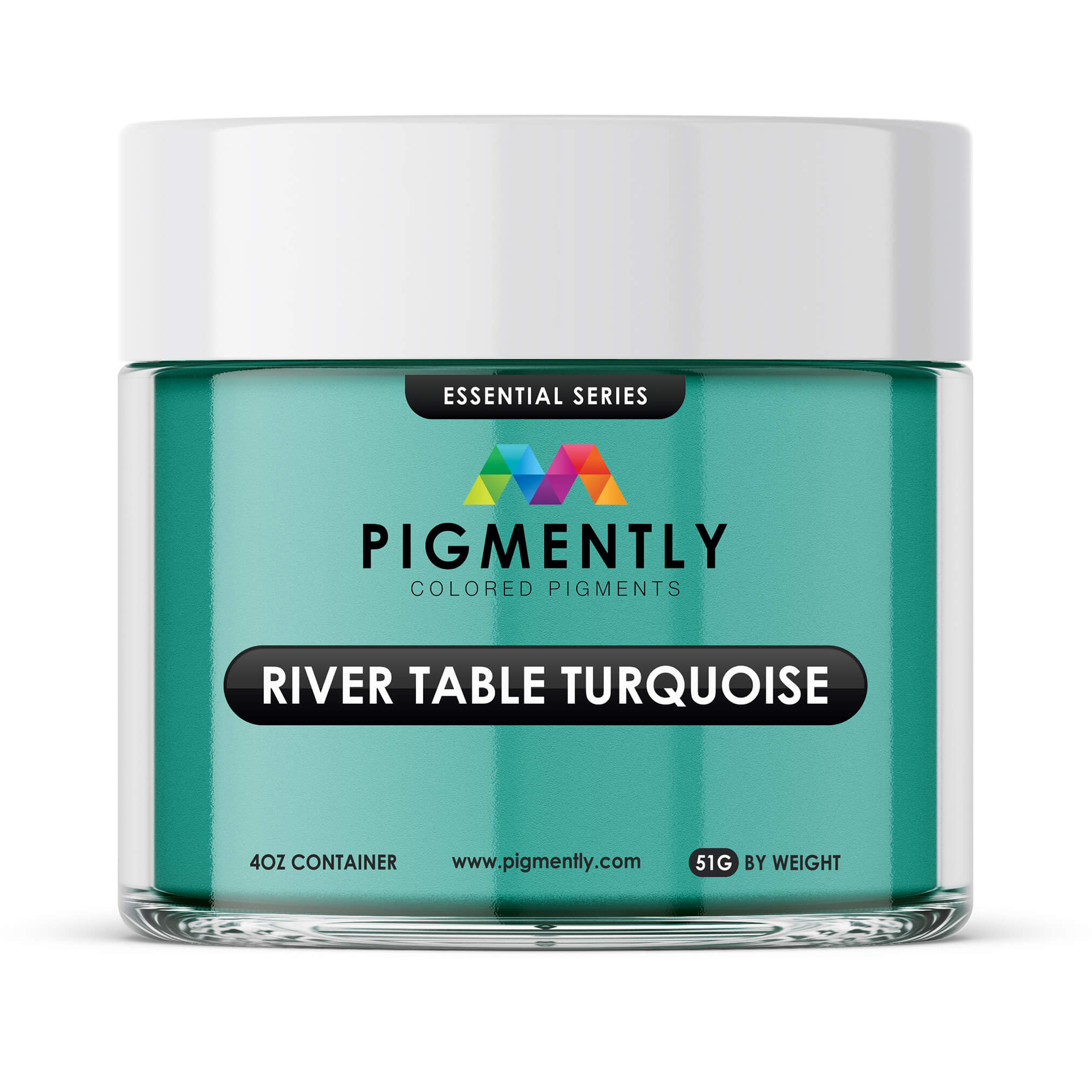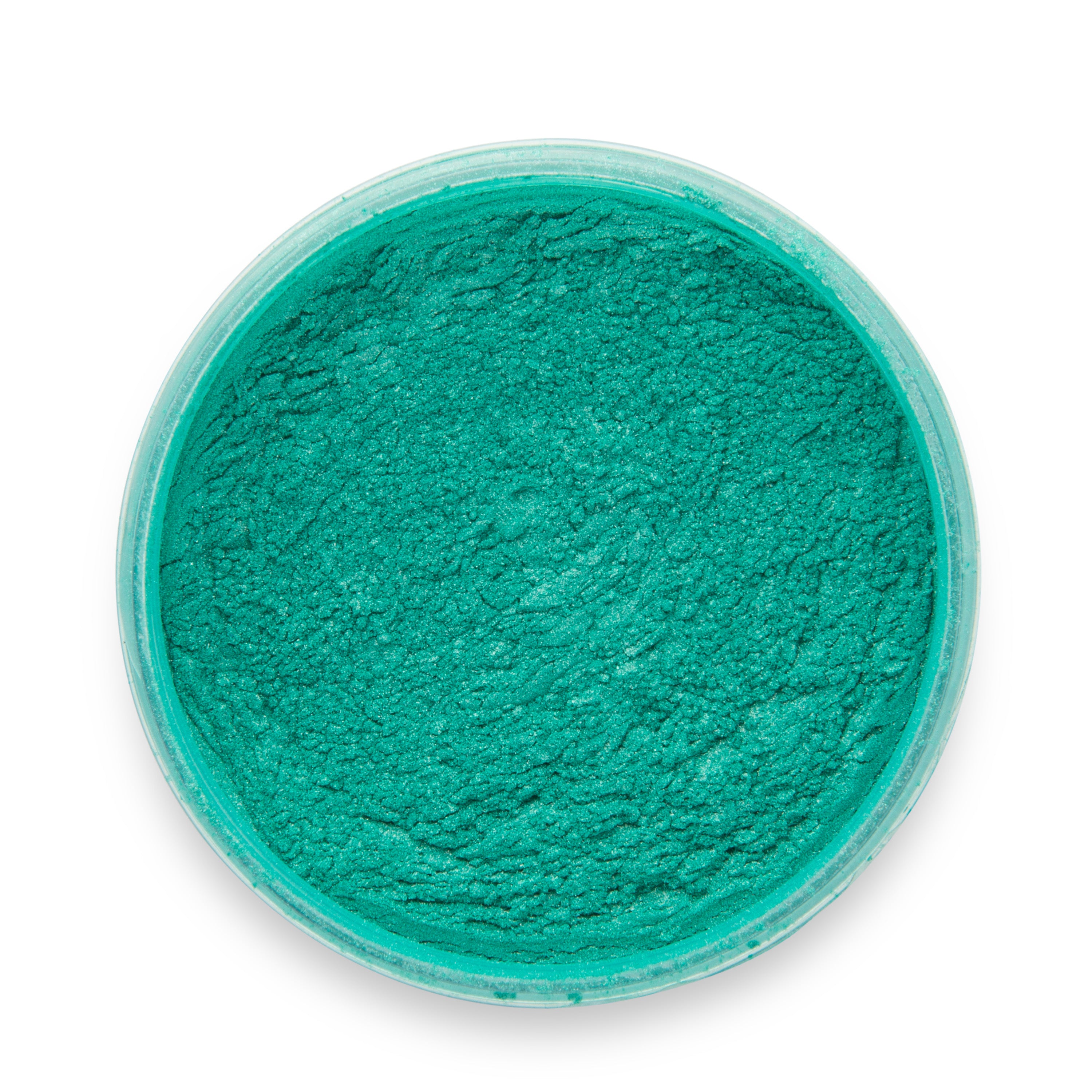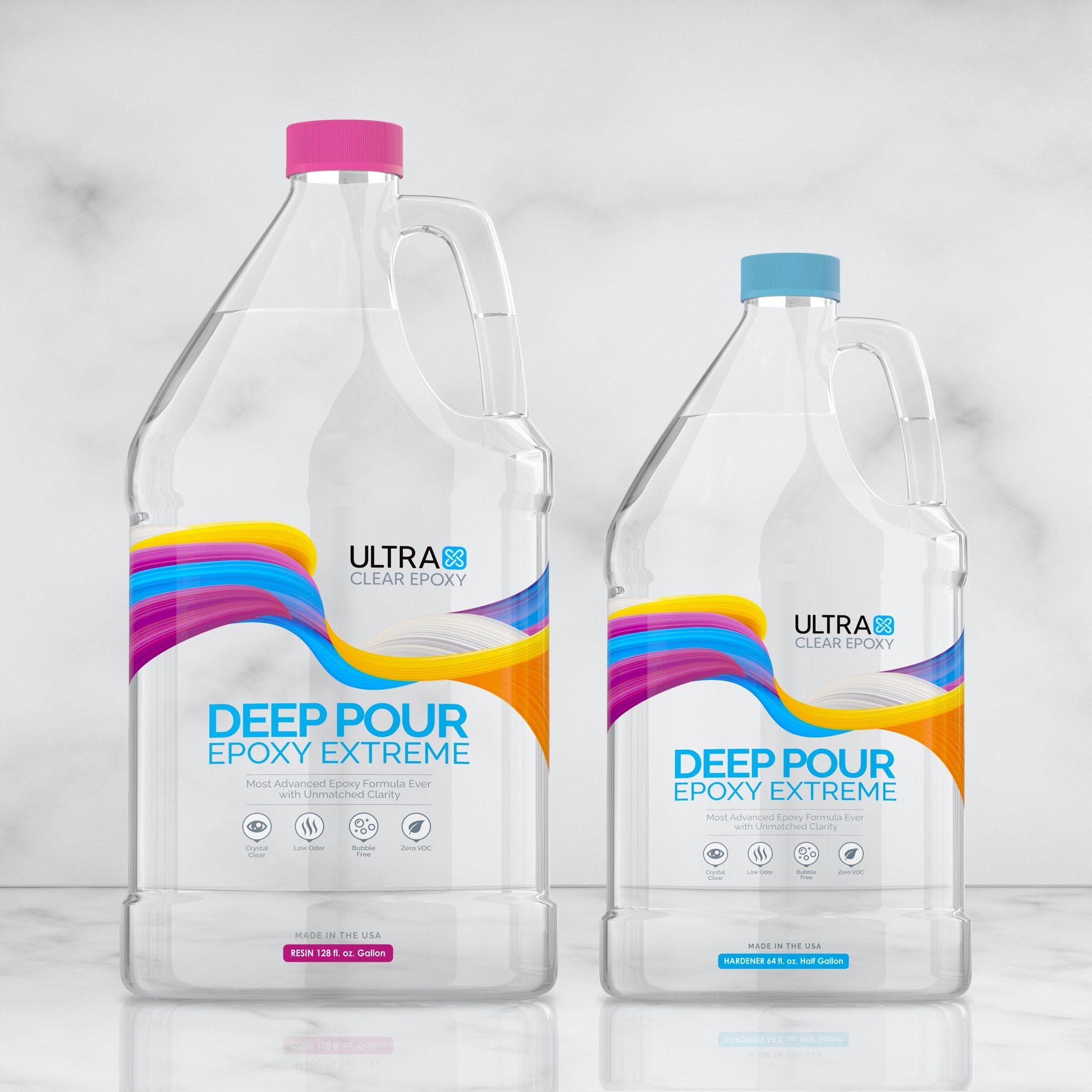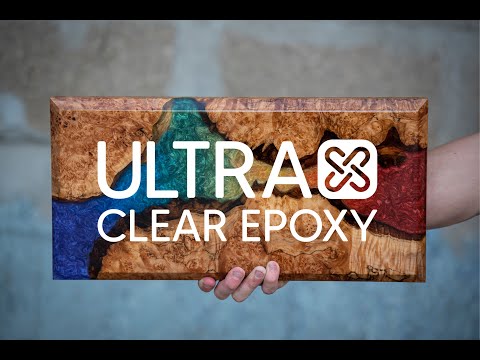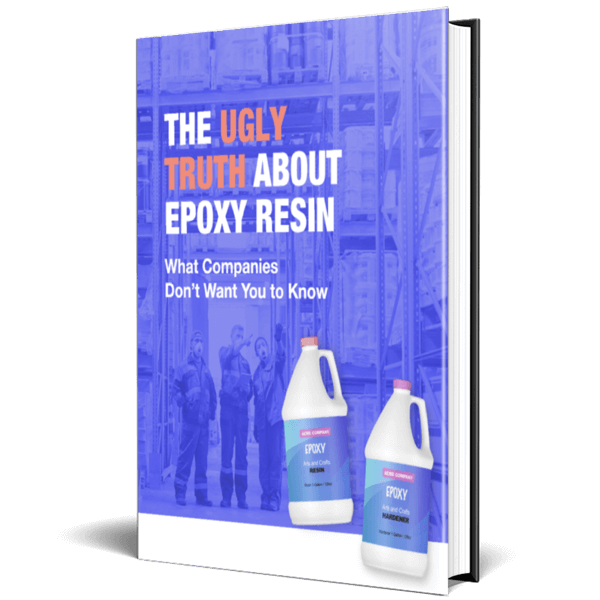To complement the launch of our UltraClear Marine Epoxy Resin, we've written a guide explaining what it's for and how to use it. We've also addressed how it compares to similar alternatives.
What is marine epoxy used for?
Marine epoxy is a medium-viscosity epoxy resin designed to withstand harsh aquatic environments.
UltraClear Marine Epoxy cures in thin layers with the use of special hardeners. Its primary purpose is to protect surfaces that will be consistently exposed to the unique environmental elements of lakes, seas, and oceans.
When used with an appropriate hardener, marine epoxy resin cures with a translucent finish and may in some cases have a subtle yellow-orange hue. This hue is of no concern, as the epoxy itself is generally either painted over or fully concealed in other ways after application.
Marine epoxy is frequently used to protect the hulls of watercrafts, including kayaks, canoes, skiffs, etc., as well as larger boats. It can also be applied to their accessories as well as some of the other equipment used on lakes, rivers, seas, or oceans.
To prepare most boats for the water, epoxy barrier coats are applied to the hull surface (usually made of fiberglass).
These long-lasting coats are added before any bottom paint and will provide the exceptional moisture resistance needed to keep the boat healthy for many years. With proper care during application, an epoxy coated vessel can endure wide temperature shifts and high degrees of salinity.
Marine epoxy is also used for repairing hull damage and for fairing hulls to make a damaged surface smooth again.
Marine-grade epoxy resin is also a superior option for the formation of composite materials like fiberglass, which is a very common choice for boat construction and related components. Choosing epoxy resin over similar resins like polyester will result in a more durable composite material.

Epoxy resin vs polyester resin:
Epoxy resin is often contrasted with polyester resin, since they both serve similar purposes.
Generally, if you can choose between either of them, epoxy will be the better option. Polyester's primary advantage is that it is cheaper, but in turn it is less protective and less effective than epoxy.
Here are some of the advantages of marine epoxy over polyester resin.
- Marine epoxy has better moisture resistance. This is obviously a big deal for watercraft, which are in constant contact with water.
- Marine epoxy has a higher flexural strength rating. It can handle greater force without bending once cured.
- Marine epoxy can be applied in thinner layers without experiencing curing problems. Polyester can be difficult to work with at the same level.
- Marine epoxy can be used to repair a polyester base. While polyester resin struggles to bond with cured epoxy, marine epoxy resin can safely bond with cured polyester. This is because cured polyester is not as smooth at a microscopic level as epoxy.
- Marine epoxy resin is more resilient. Unlike polyester, it won't easily shrink or warp under higher temperatures as it cures.
Note: Cured epoxy doesn't properly support a polyester gelcoat finish. If you decide to apply a gelcoat as your final finish, use an epoxy gelcoat.
What surface materials can marine epoxy bond with?
Most watercraft hull materials are fine with marine epoxy. These include very common options like:
- Fiberglass
- Wood
- Metal (e.g., steel, aluminum)
- Other typical composite materials
Marine epoxy resins uses special hardeners
Marine epoxy resin is generally used with one of two types of hardener: a fast hardener or a slow hardener. UltraClear Epoxy offers high quality variants of both.
Our UltraClear Epoxy Fast Hardener has a shorter working time of 12 minutes and begins to cure quickly when in the recommended temperature range of 60°F - 70°F. It will fully settle about 6 hours after mixing and tends to be slightly less translucent than slow hardeners.
On the other hand, our UltraClear Epoxy Slow Hardener has a longer working time of 30 minutes before the curing reaches an unworkable point. It can cure at a higher temperature of 80°F or above. It is also slightly more translucent as a finish, though this usually won't matter for the kinds of projects it's designed for.
Have Questions? Want Advice? We're Here to Help!
If you have any questions about epoxy resin, or if you'd like assistance in planning an epoxy project, please reach out to us at UltraClear Epoxy—our epoxy experts are ready to assist!
You can contact us via phone or email here. During business hours, you can also text chat online with one of our resin specialists by clicking the Help button at the bottom of your screen.
In our online store, you'll find a variety of useful tools and supplies, ideal for resin projects, plus our award-winning UltraClear Bar & Table Top Epoxy and our UltraClear Deep Pour Epoxy.
UltraClear Epoxy—Trusted by over 1 Million+ Happy Customers



